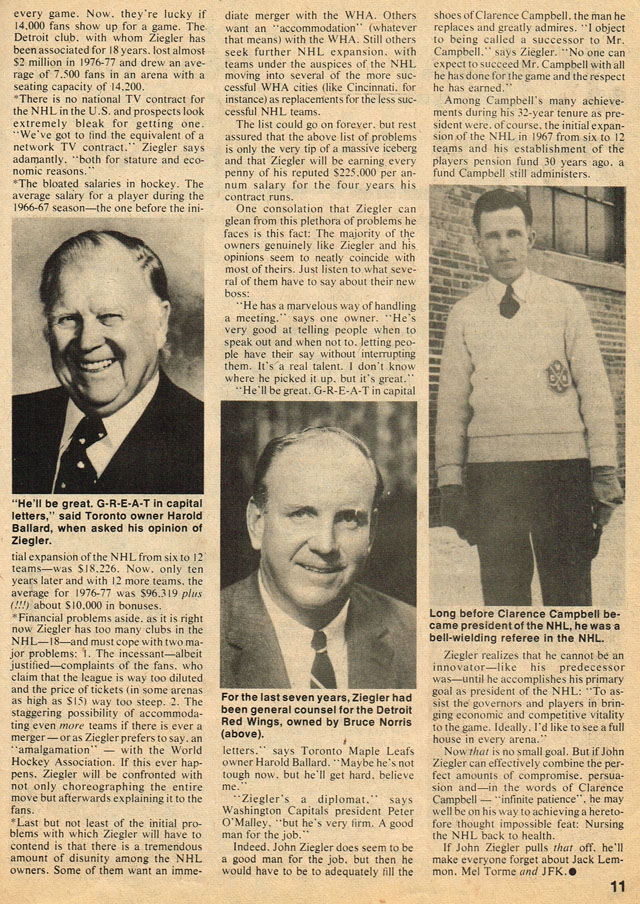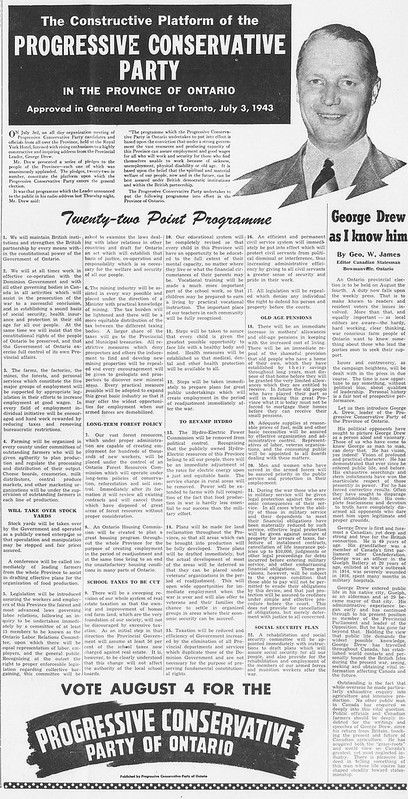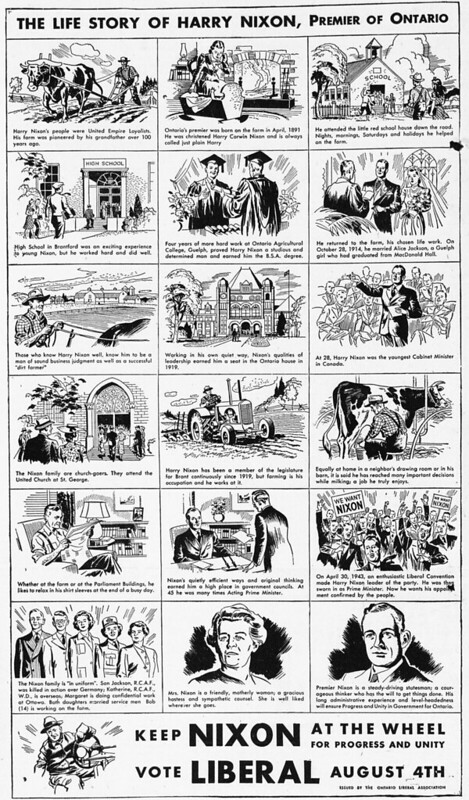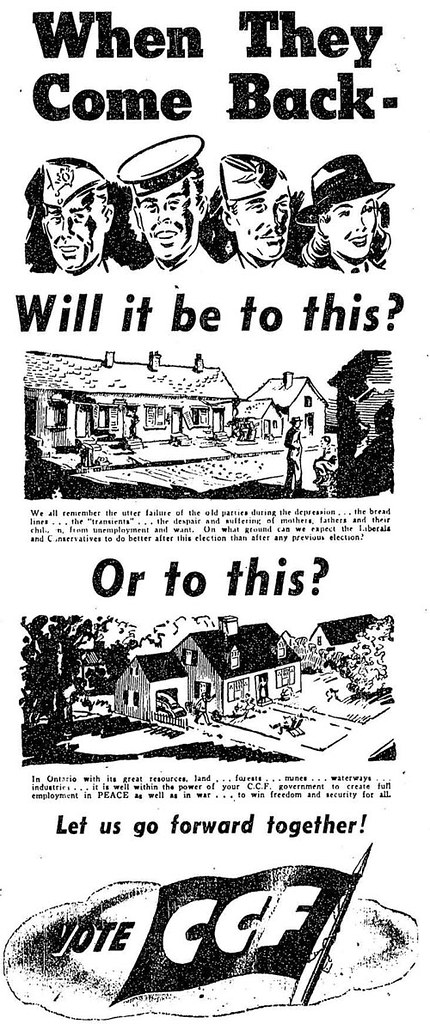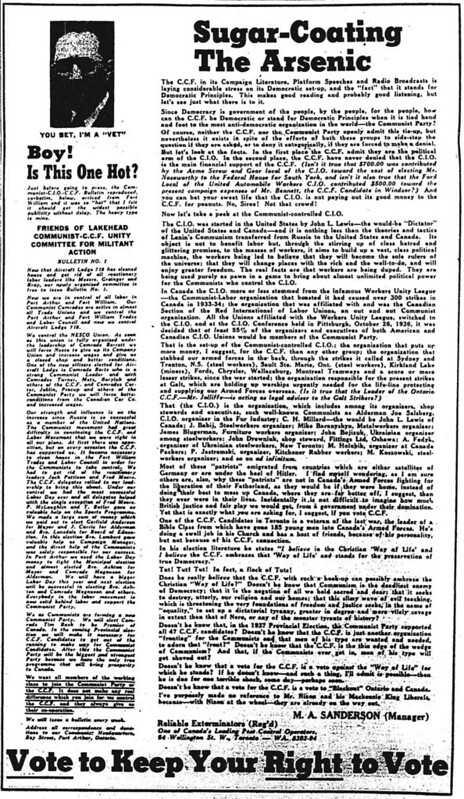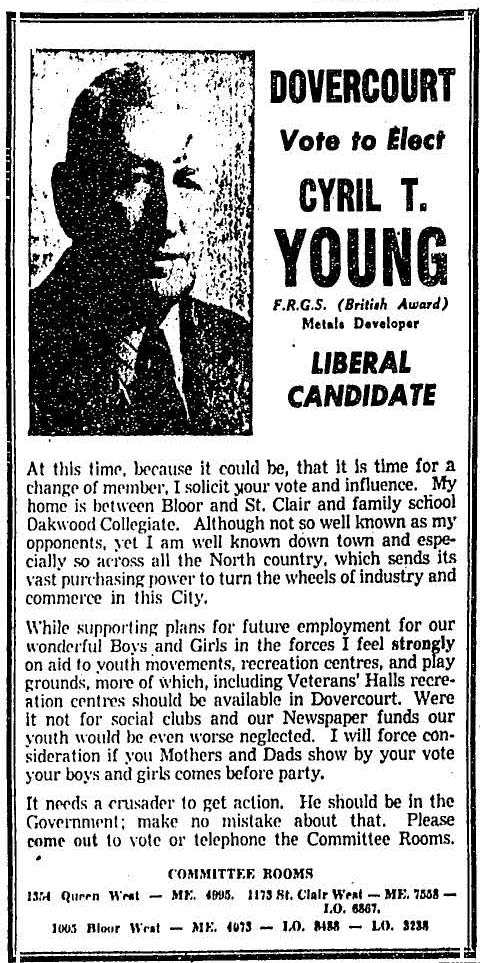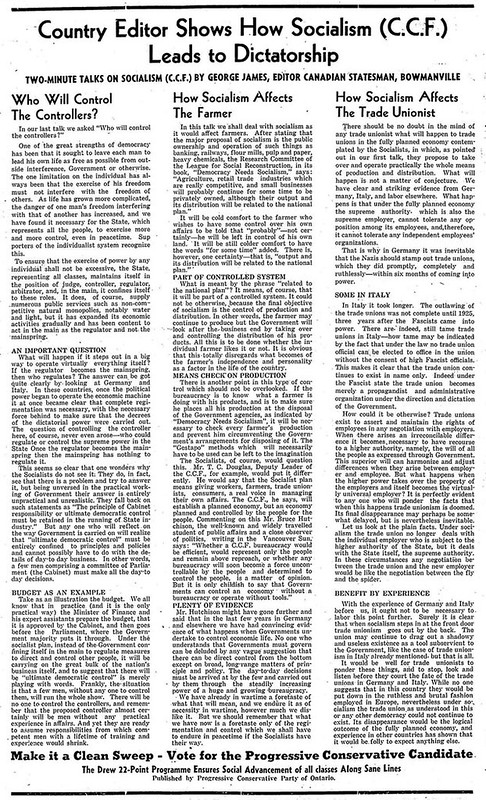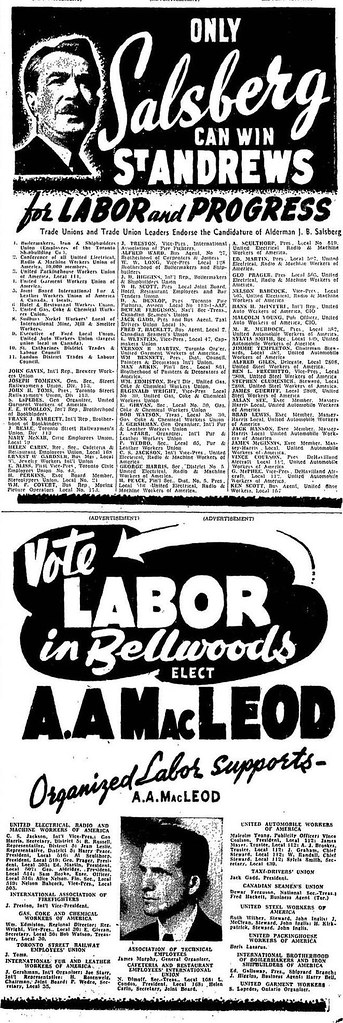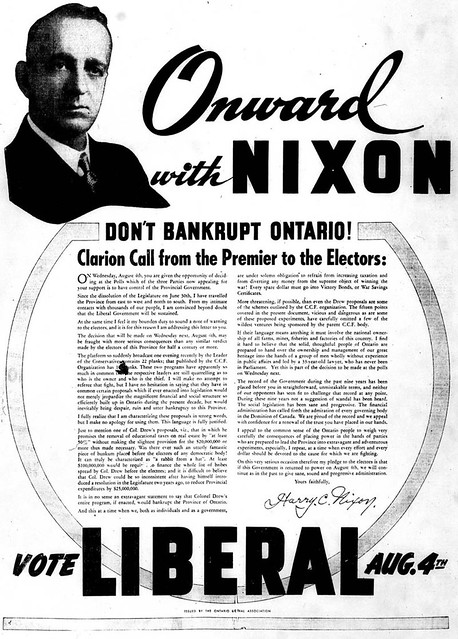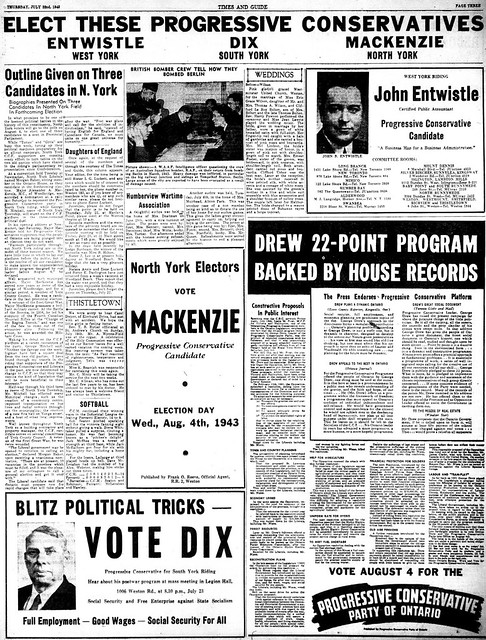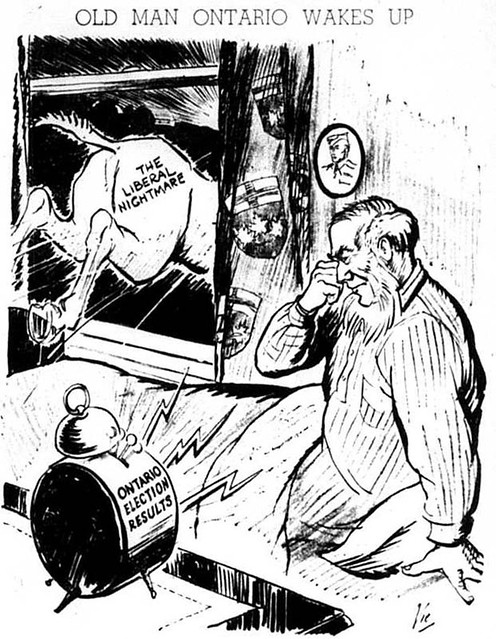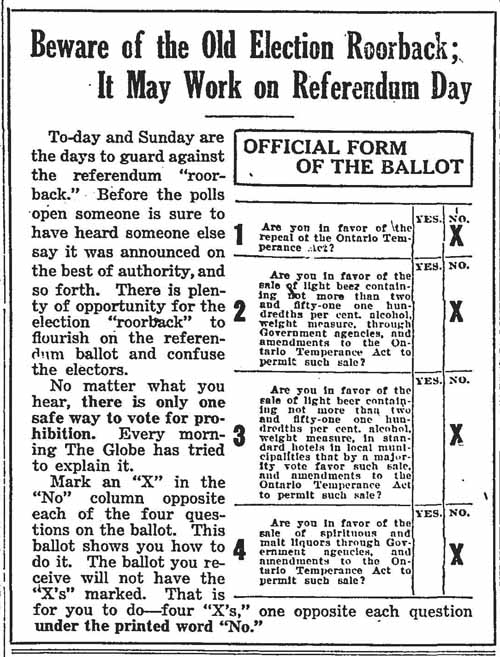My name is
Jamie, and I am an elite.
In the
present context of how the term is used by populists in a derogatory fashion, I
proudly claim use of it to describe myself.
What are
some of the attributes I claim as an elite in the current political climate?
- An elite is
a person who cares about their community, and the welfare of those within it.
- An elite is
a person who knows the intrinsic value of things, rather than knowing the cost
of everything and the value of nothing.
- An elite is
a person who has striven to be educated by whatever means works for them (on
their own and/or via institutions), and remains open to learning more.
- An elite is
a person who strives to improve conditions in society, without resorting to (as
much as possible) appeals to baser emotions, to prejudices, to age-old
distrusts and hatreds.
- An elite
tries to be constructive, not divisive.
- An elite
listens instead of talking over others.
- An elite
looks at the lessons from the past, contemplates them, and figures out to best
apply them to current conditions.
- An elite
values truth above convenient, cynical lies.
Are these
elites perfect? Hell no. We all screw up and will inevitably alienate others.
You can’t please all of the people all of the time. Improvements, especially
controversial ones, take time and effort to win over majorities to see the
value in them. Right now, we’re doing a lousy job of it, allowing populists to
hold sway over sections of the public who feel defeated, mocked, worthless, or,
at worst, don’t give a damn about anybody else.
***
These
thoughts flowed through my head while out for an evening walk on a day where I emotionally
bottomed out. It’s been a tough winter mentally for various reasons, and I’ve
exacerbated it with a daily diet of informational radio. My final breaking
point occurred while sitting in my car, listening to a recap of an interview
CBC did with the new leader of the Ontario Progressive Conservative party,
which he spent trying to turn the tables on the interviewer instead of
providing anything remotely resembling a straight answer.
I turned
the radio off before the clip was over. My heart sunk. This was a man who has a
strong chance of becoming the next premier of Ontario behaving like a total
jackass. Behaviour that a swath of the population embraces, or will tolerate because
they can’t stand the current government.
Those who
know me well will tell you I’m an emotional sponge who soaks up sensitivity. At
that moment, I felt the cumulative effect of a growing feeling inside that the
type of person I’ve always striven to be is currently not valued by society, or
at least the loudest segments of it. My brain had one question on repeat: does
it pay to be a respectful person anymore? What is the point of trying to
educate others about the past, to listen to other viewpoints, to seek truths,
to make a better place for all, if nobody will listen or others will mock you
for your thoughts and efforts?
Why should I
give a damn if nobody else wants to, or if other humans are too interested in
preserving their own interests with the potential to harm others?
I see this
play out daily. We yell at each other in public and online. We try to get ahead
by a few seconds on city streets, with potentially fatal consequences. We see
politicians do everything but make serious attempts to fix problems. We
complain, complain, and complain some more, without offering constructive
criticism or praise where merited. We stick to our partisan silos. We
increasingly see black and white, instead of shades. The art of nuance feels
like its vanishing.
I picked up
my wife after the walk. I decided we would go for a drive to unwind. As we
drove, rather than accept her help, I stewed in my misery, feeling like I was
taking on the weight of humanity when I didn’t need to. The forces of misery held
the upper hand.
But, to her
credit, she continued to try even if I wasn’t up to playing along at the
moment. She noted too much info about the current American administration and
Canadian populists was too much for anyone to have a reasonable psychological
handle on. That there are people doing good things out there, from assisting refugees
to small acts of kindness. These are not the sexy stories, but they are the
ones that matter more than somebody’s latest outrageous statement. She
repeatedly asked me to name something I was grateful for (I finally responded
that it was sitting next to me).
So, besides
embracing the derogatory label of “elite,” I’m going to make a few changes.
While not withdrawing from social media, I am paring down my feeds to reduce the
number of references to certain political figures. I am taking a break from
listening to NPR and CBC, and looking for more creative, enlightening shows and
podcasts to listen to (feel free to leave suggestions in the comments).
I’m not checking
out of life, but re-embracing it, and hoping that this spring provides many
opportunities to re-engage with friends, my personal work, and my community,
without most of the bullshit currently in the ether. I want to feel less
despair about my world, or at least accept less despair than some forms of media push. I will continue to provide in my professional work
context that hopefully means something to somebody.
The
populists may have an upper hand at the moment, and they just about did me in.
But, in small ways, I’m going to fight against their intolerance and
instability and work on being the best contemplative/respectful person I can be.
There is no shame in using one's intelligence.
There is no shame in using one's compassion and empathy.
Elitist or not.







